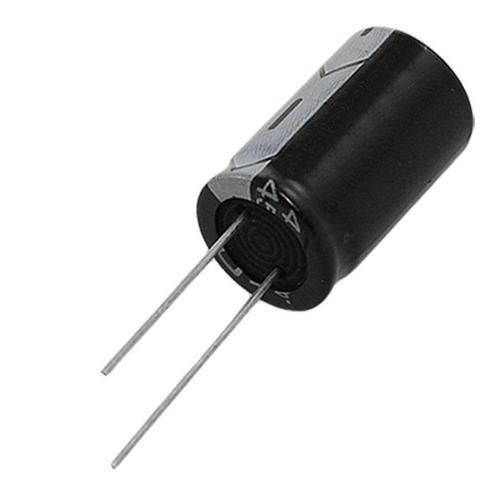Motors are essential components in various industries, powering a wide range of devices and machinery. While many people are familiar with the basic principles of motor operation, there is often confusion surrounding the necessity of capacitors in motor circuits. In this article, we will delve into the question: Do all motors need a capacitor? We will explore the different types of motors, their specific requirements, and the role capacitors play in optimizing motor performance.
- Understanding Motor Types:
To address the question at hand, it is crucial to first understand the different types of motors. There are two primary categories: AC (alternating current) motors and DC (direct current) motors. AC motors include induction motors, synchronous motors, and universal motors, while DC motors encompass brushed and brushless motors. Each motor type has distinct characteristics and operational requirements. - Capacitors in AC Motors:
AC motors, particularly single-phase induction motors, often require capacitors to enhance their performance. Capacitors are used to create a phase shift in the motor's windings, which helps generate a rotating magnetic field necessary for motor operation. Without capacitors, single-phase induction motors may experience reduced starting torque, increased power consumption, and inefficient operation. Therefore, capacitors are essential in AC motors to improve efficiency and performance. - Capacitors in DC Motors:
Unlike AC motors, most DC motors do not require capacitors for their basic operation. However, capacitors can still be utilized in certain DC motor applications to address specific requirements. For instance, in brushless DC motors, capacitors can be employed to suppress electrical noise and improve motor control. Additionally, in applications where rapid changes in load occur, capacitors can help stabilize voltage and prevent voltage drops, ensuring consistent motor performance. - Benefits of Capacitors in Motors:
Apart from their necessity in specific motor types, capacitors offer several benefits that contribute to overall motor performance. These benefits include:
a. Power Factor Correction: Capacitors can improve the power factor of motors, reducing reactive power and improving energy efficiency. This results in reduced energy consumption and lower utility costs.
b. Motor Starting Torque: Capacitors play a crucial role in enhancing the starting torque of motors, particularly in single-phase induction motors. By providing the necessary phase shift, capacitors enable motors to overcome inertia and start reliably.
c. Motor Efficiency: Capacitors help optimize motor efficiency by compensating for reactive power and reducing losses. This leads to improved motor performance, reduced heat generation, and extended motor lifespan.
d. Noise Reduction: In certain motor applications, capacitors can minimize electrical noise and electromagnetic interference, resulting in quieter operation and improved overall system performance.
Conclusion:
In conclusion, while not all motors require capacitors for their basic operation, capacitors play a vital role in enhancing motor performance, efficiency, and reliability. AC motors, especially single-phase induction motors, heavily rely on capacitors to generate the necessary rotating magnetic field. Additionally, capacitors offer various benefits, including power factor correction, improved starting torque, enhanced efficiency, and noise reduction. Understanding the specific requirements of different motor types and the advantages of capacitors allows for optimal motor selection and operation in various industrial applications.
